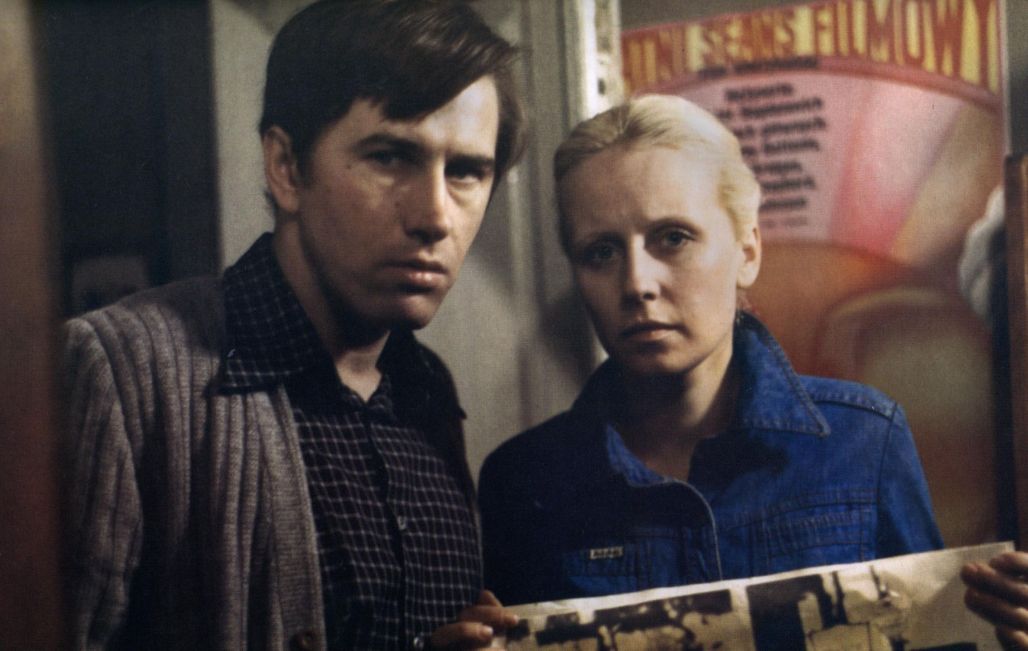
1981: Andrzej Wajda wins the Palme d’or for Człowiek z Żelaza (Man of Iron)

In that year, a Polish film was awarded the Festival's ultimate prize for the very first time. Człowiek z Żelaza (Man of Iron) by Andrzej Wajda continues the story of Man of Marble, presented to Un Certain Regard in 1978. Two men, the father of marble, the son of iron, for a highly critical diptych of Polish politics. Cannes Classics rediscovers this masterpiece in the presence of a Polish delegation led by Lech Wałęsa, in memory of Andrzej Wajda.
From father to son. Mateusz Birkut hands the baton to his son, Maciek Tomczyk. A shipyard worker, he plays an active role in the strikes that hit the port of Gdansk. A public service reporter is tasked with producing a report to discredit Maciek but his point of view is really put to the test when he meets the imprisoned wife of the worker.
Just one small step separates Maciek Tomczyk and Lech Wałęsa. With Man of Iron, Andrzej Wajda gives his support to the leader of the Solidarnosk movement. In the character of Maciek, he portrays this man's fight in the dispute of Gdansk's shipyard workers. What's more, Lech Wałęsa is also a close friend of Andrzej Wajda, and he even makes an appearance in the film as a witness at Maciek's marriage.
Man of Iron could easily have never been made. Andrzej Wajda's team were filming at Gdansk's shipyards, at the height of the strikes. The producer refused to be intimidated by the chaotic situation and the dictator's threat of censorship. From this highly-charged atmosphere came a strength, as he explained to French television:
“The energy that we all felt during shooting is evident on the film reel and, ultimately, our audience sees a film made with great passion.”


